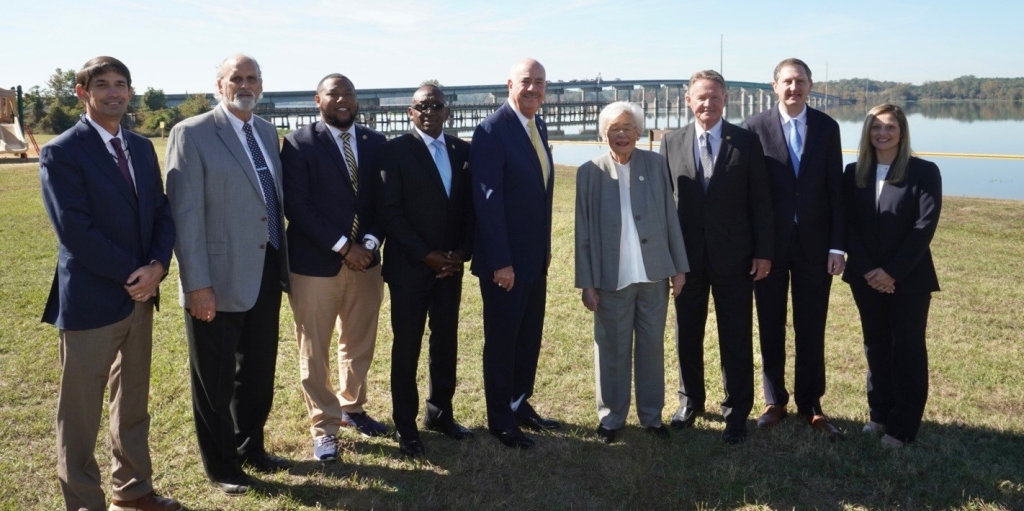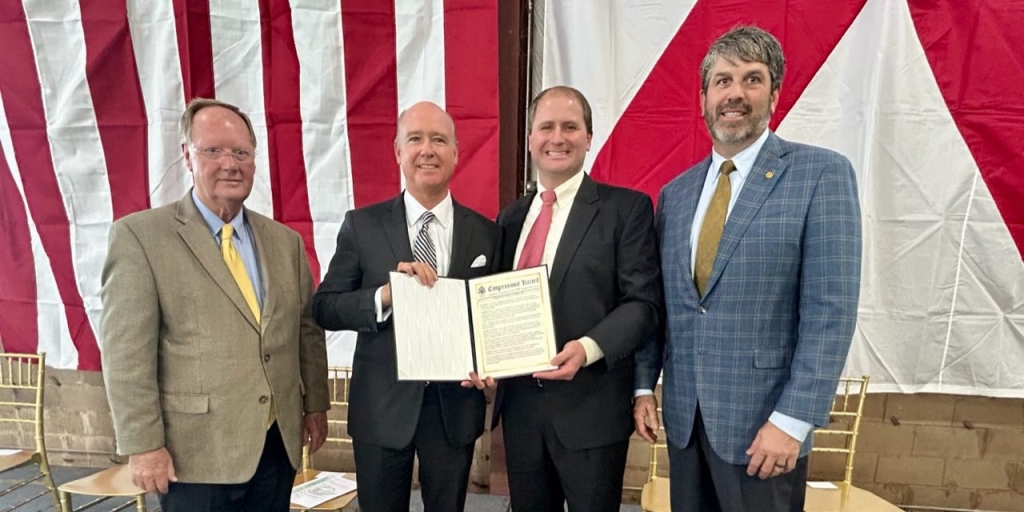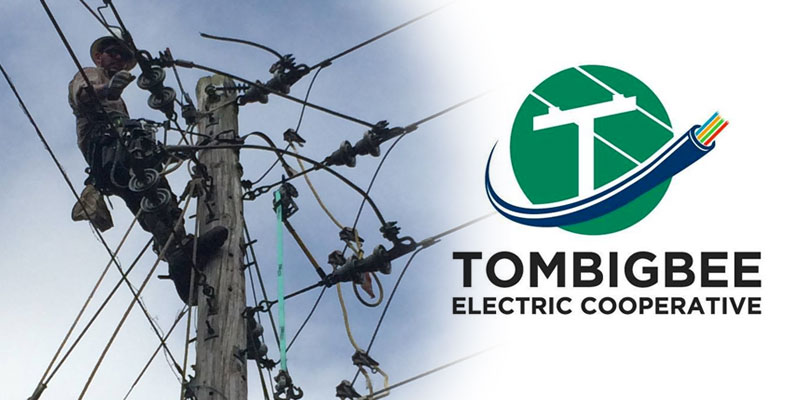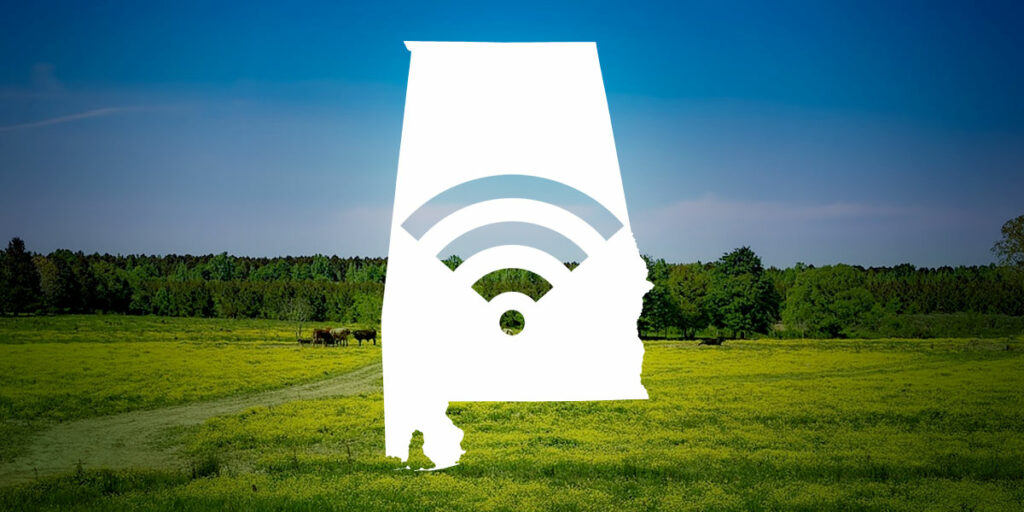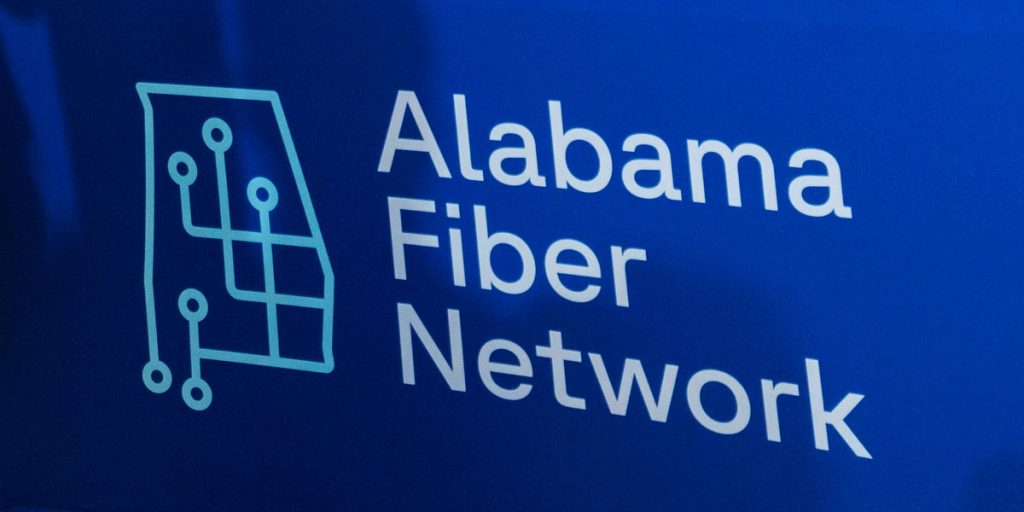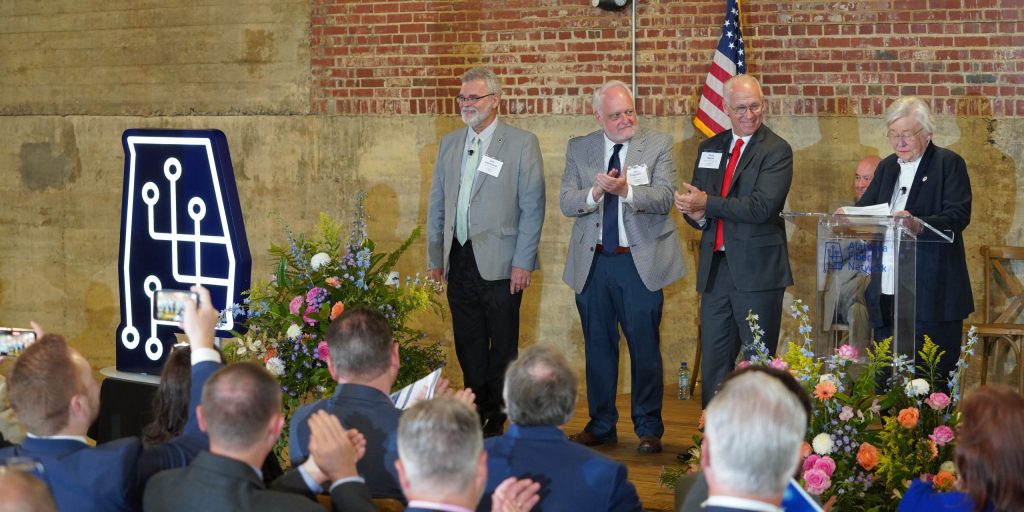The progress of broadband Internet access in Alabama is nothing if not remarkable. According to broadbandnow.com, in 2019, the state was ranked 47th in the U.S. for broadband connectivity. Today, we rank 24th. That is an improvement worthy of note. It was no accident.
Approximately seven years ago, then-House Majority Leader Nathaniel Ledbetter and his senate counterpart Clay Scofield were instrumental in passing a series of legislative accomplishments incentivizing private investment in broadband infrastructure.
In 2018, the Legislature passed the Broadband Accessibility Act, creating the Broadband Accessibility Fund. Ledbetter and Scofield’s effort was firmly supported by several notable legislators, including Representative Randall Shedd, Senator Donnie Chesteen, and Senator Steve Livingston. Governor Ivey’s understanding of the issue and its ultimate economic impact and her unwavering support were essential to the effort.
With over thirty years of experience in the evolution of basic telephone service to advanced optical fiber networks, I have gained a deep appreciation for the vision and courage of those who invested in the future of our state and its people.
Just 100 years ago, we were debating whether or not rural electricity was necessary.
75 years ago, telephones were considered a luxury.
The pandemic gave us a hint of just how dependent we have become on Internet connectivity.
Frankly, we have only scratched the surface.
What makes the work of Speaker Ledbetter and his legislative colleagues remarkable is their foresight. Communications infrastructure is essential to our posture in the world.
However, like its other utility and transportation counterparts, it is an extremely high fixed-cost environment. The bedrock principle of utility deployment is making it universally available so that these fixed costs may be spread over as many users as possible.
This is the key to affordability of the service and its economic sustainability. When we invest in broadband infrastructure, of course the investment spread over the initial users appears outsized.
But these are thirty-to-fifty-year investments.
As the subscriber base increases the investment per user declines proportionately. In this sense, broadband investment is akin to investments in roads, bridges, energy assets and other critical components of infrastructure.
It takes a long-term view of the benefits to appreciate the value. Regrettably, the political world is not always charitable to the notion of deferred benefits.
Governor Ivey and Speaker Ledbetter clearly understand this, and I firmly believe their commitment is worthy of respect.
Alabama got a few other things right.
First, the emphasis on public/private partnerships and the requirement that all grant recipients invest substantial amounts of their own money in projects kept unreliable and inexperienced operators at bay.
Conversely, there was respect for all providers currently in the market as long as they agreed to deliver on the commitments they made. Most did. As a result, existing providers focused on expanding service to the truly unserved. The state did not promote artificial competition.
Second, the Alabama Department of Economic and Community Affairs (ADECA) is to be commended for developing the knowledge necessary to administer these programs in a remarkably efficient manner. Since 2018, more than $500 million in grants have been awarded to Internet service providers. These investments are projected to expand high-speed internet access to almost 127,000 households and institutions. ADECA’s work ethic and dedication to its mission are impressive.
Indeed, one of Speaker Ledbetter’s initiatives encouraged, and legislatively enabled, rural electric cooperatives to enter the game.
It is arguable that without the efforts of RECs, much of rural Alabama would never receive the level of service these cooperatives are deploying. Eight of them collaborated in founding the Alabama Fiber Network (AFN), which, funded largely by ARPA appropriations, will develop a middle-mile broadband infrastructure.
This network serves as the backbone for delivering high-speed internet to local providers, facilitating last-mile connections to homes and businesses. The AFN aims to construct a 5,000-mile network covering all 67 counties in Alabama. This network will enable other willing providers to deploy end-user services now that a transport network to the backbone of the Public Internet is available to them. Yet another investment that gives rise to more investment.
Speaker Ledbetter, his colleagues, and Governor Ivey are to be commended for making beneficial decisions for all of Alabama. They have not forgotten the 45 counties categorized by the Department of Commerce as rural. In 2023, new capital investment in Alabama’s targeted counties surpassed $1.7 billion, paving the way for the creation of over 1,700 jobs.
These results build upon the robust performance recorded in 2022 when $1.8 billion in new investment and 1,900 job commitments were announced for the state’s rural regions. Rural broadband expansion is one of the pillars of this growth. While it may be easy to criticize these investments, it is imperative that we adopt a much longer view of the future of our state. Wise choices are not always the most popular. Our current leadership should be commended for investing in the long-term good of our state.
They most certainly deserve it.
Fredrick Johnson is the CEO of Farmers Telecommunications Cooperative, Inc.





